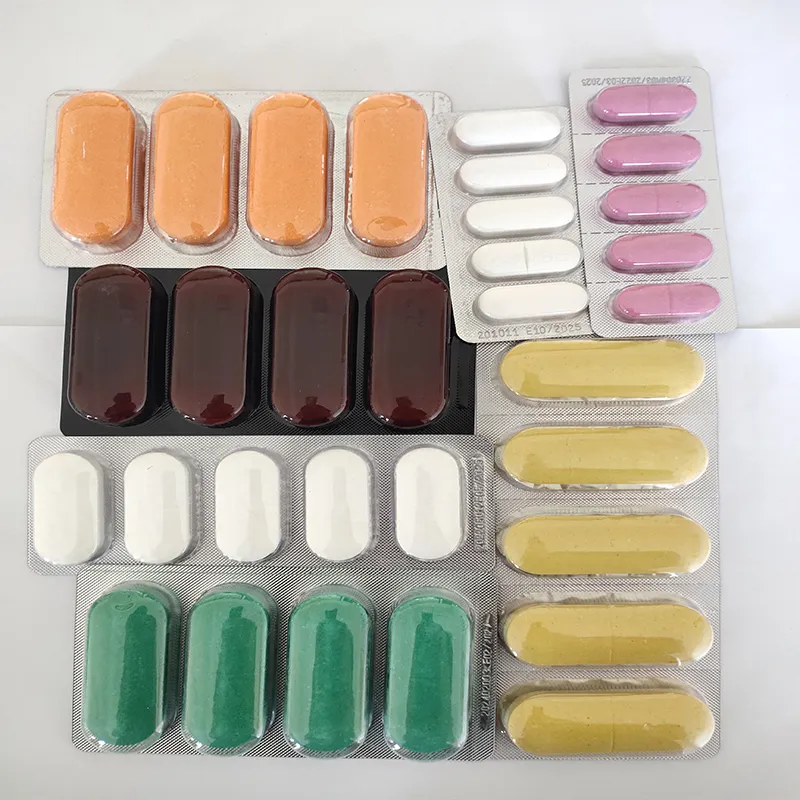- Afrikaans
- Albanian
- Amharic
- Arabic
- Armenian
- Azerbaijani
- Basque
- Belarusian
- Bengali
- Bosnian
- Bulgarian
- Catalan
- Cebuano
- Corsican
- Croatian
- Czech
- Danish
- Dutch
- English
- Esperanto
- Estonian
- Finnish
- French
- Frisian
- Galician
- Georgian
- German
- Greek
- Gujarati
- Haitian Creole
- hausa
- hawaiian
- Hebrew
- Hindi
- Miao
- Hungarian
- Icelandic
- igbo
- Indonesian
- irish
- Italian
- Japanese
- Javanese
- Kannada
- kazakh
- Khmer
- Rwandese
- Korean
- Kurdish
- Kyrgyz
- Lao
- Latin
- Latvian
- Lithuanian
- Luxembourgish
- Macedonian
- Malgashi
- Malay
- Malayalam
- Maltese
- Maori
- Marathi
- Mongolian
- Myanmar
- Nepali
- Norwegian
- Norwegian
- Occitan
- Pashto
- Persian
- Polish
- Portuguese
- Punjabi
- Romanian
- Russian
- Samoan
- Scottish Gaelic
- Serbian
- Sesotho
- Shona
- Sindhi
- Sinhala
- Slovak
- Slovenian
- Somali
- Spanish
- Sundanese
- Swahili
- Swedish
- Tagalog
- Tajik
- Tamil
- Tatar
- Telugu
- Thai
- Turkish
- Turkmen
- Ukrainian
- Urdu
- Uighur
- Uzbek
- Vietnamese
- Welsh
- Bantu
- Yiddish
- Yoruba
- Zulu
Νοέ . 05, 2024 19:13 Back to list
dog antiparasitic drugs
Antiparasitic Drugs for Dogs A Comprehensive Overview
Parasites are a common concern for dog owners, as they can lead to a variety of health issues, ranging from mild discomfort to severe illness. Antiparasitic drugs play a crucial role in maintaining the health and well-being of our canine companions. This article explores the types of parasites that commonly affect dogs, various antiparasitic medications available, and important considerations for dog owners.
Types of Parasites Affecting Dogs
Dogs can be afflicted by both external and internal parasites. External parasites include fleas, ticks, and mites, while internal parasites comprise worms such as roundworms, hookworms, tapeworms, and heartworms. Each of these parasites presents distinct challenges
1. Fleas These are small, wingless insects that feed on a dog's blood. Infestations can cause itching, allergies, and even anemia in severe cases. 2. Ticks Ticks attach themselves to a dog’s skin and can transmit serious diseases like Lyme disease, ehrlichiosis, and anaplasmosis. 3. Heartworms These parasites live in the heart and blood vessels of infected dogs, leading to serious cardiac issues and can be fatal if left untreated. 4. Intestinal worms These include roundworms, hookworms, and tapeworms, which can lead to malnutrition, digestive disturbances, and other health issues.
Types of Antiparasitic Drugs
Various antiparasitic drugs are available to combat these parasites. They come in different forms, such as oral tablets, topical solutions, and injectables.
- Flea and Tick Preventatives Products like fipronil, imidacloprid, and selamectin are commonly used to prevent flea and tick infestations. These typically need to be administered monthly. - Heartworm Preventatives Medications like ivermectin and milbemycin oxime are effective in preventing heartworm disease. It's advisable to start administering these preventatives early in the dog’s life and continue throughout their life.
- Worming Medications Broad-spectrum dewormers, such as praziquantel and fenbendazole, target various intestinal worms. Regular deworming is recommended, especially for puppies and dogs that spend a lot of time outdoors.
dog antiparasitic drugs

Important Considerations
When administering antiparasitic treatments, dog owners should keep several factors in mind
1. Veterinary Consultation Always consult with a veterinarian before starting any antiparasitic regimen. They can provide guidance on the appropriate medication based on the dog’s age, weight, health status, and lifestyle.
2. Regular Preventative Care Consistency is key in preventing parasitic infections. Following a veterinarian-recommended schedule for preventatives can greatly reduce the risk of infestation.
3. Monitoring Side Effects While most antiparasitic drugs are safe, some dogs may experience adverse reactions. Monitoring for symptoms like vomiting, diarrhea, or lethargy is essential, and any concerns should be addressed with a veterinarian promptly.
4. Environmental Control In addition to medication, maintaining a clean environment and practicing good hygiene are critical. Regularly bathing your dog, cleaning bedding, and treating the yard for fleas and ticks can help minimize the risk of infestations.
Conclusion
Antiparasitic drugs are vital for the health and well-being of dogs, protecting them from the significant threat posed by various parasites. By staying informed and working closely with a veterinarian, dog owners can ensure their furry friends lead healthy, happy lives free from the burden of parasites.
-
Guide to Oxytetracycline Injection
NewsMar.27,2025
-
Guide to Colistin Sulphate
NewsMar.27,2025
-
Gentamicin Sulfate: Uses, Price, And Key Information
NewsMar.27,2025
-
Enrofloxacin Injection: Uses, Price, And Supplier Information
NewsMar.27,2025
-
Dexamethasone Sodium Phosphate Injection: Uses, Price, And Key Information
NewsMar.27,2025
-
Albendazole Tablet: Uses, Dosage, Cost, And Key Information
NewsMar.27,2025













